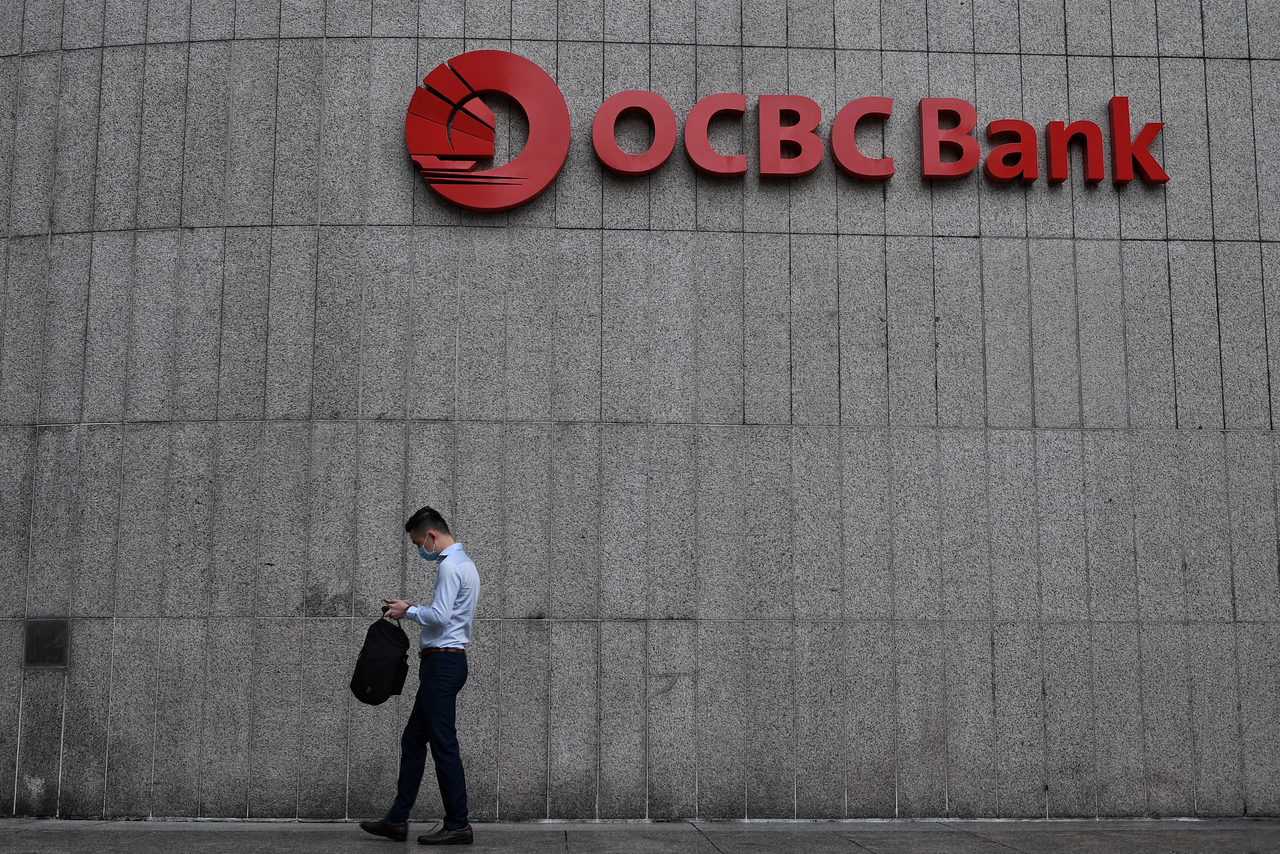OCBC's excess capital of up to $7 billion may spark deals: Report
Sign up now: Get ST's newsletters delivered to your inbox

OCBC has between $5 billion and $7 billion in potential dry power.
PHOTO: ST FILE
SINGAPORE (BLOOMBERG) - OCBC Bank's high capital levels may give South-east Asia's second-largest lender as much as $7 billion in excess funds that could be used for acquisitions, according to Bloomberg Intelligence analyst Rena Kwok.
OCBC has between $5 billion and $7 billion in potential dry power, assuming the bank maintains its common equity tier one (CET1) buffer in the range of 12.5 per cent to 13.5 per cent, Ms Kwok said on Thursday (Jan 20) in a reply to questions from Bloomberg News. She derived the number from the bank's third-quarter numbers.
Singapore banks are on an acquisition spree, given their strong capital base and strategies to derive more earnings outside the Republic.
UOB last week agreed to buy Citigroup's consumer assets in four South-east Asian countries for $4.9 billion, using its excess capital.
DBS Bank, the region's largest bank, is the preferred bidder for the US bank's retail operations in Taiwan that could fetch around US$2 billion (S$2.7 billion), according to a report. DBS also made purchases in India and China in the past 15 months without raising extra funds.
OCBC chief executive Helen Wong has not unveiled her ambitions on deals since taking the helm last April. Her two main rivals DBS Group Holdings and UOB are adding assets across Asia.
"OCBC's most conservative payout ratio and highest CET1 ratio versus peers could give it an edge in expanding via M&A (mergers and acquisitions)," Ms Kwok said in a separate report published on Thursday. The bank also has the lowest risk profile based on the ratio to total assets among the three local lenders, she said.
The CET1 ratio compares a bank's capital against its assets and is used by regulators as a measure to test a bank's liquidity and ability to survive a financial downturn or other unforeseen losses.
OCBC will likely hold a higher capital buffer than DBS and UOB as it conserves cash given its lower dividends received from associate companies and investments, Ms Kwok said.


